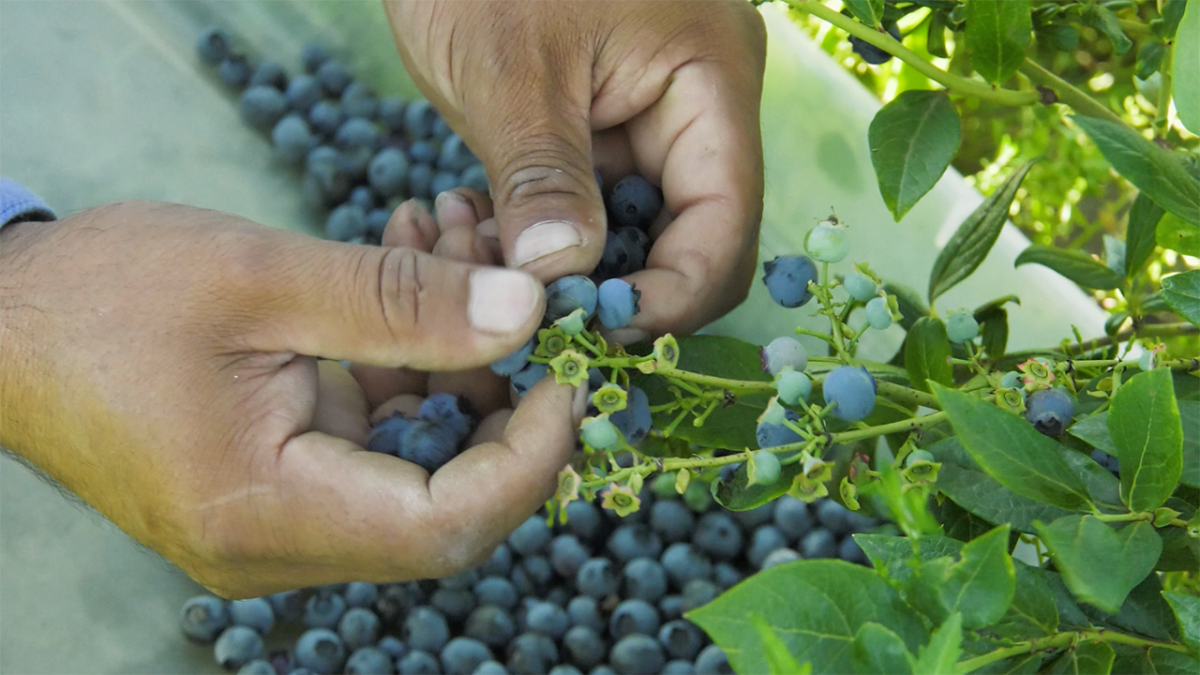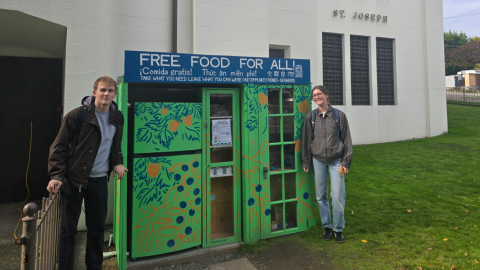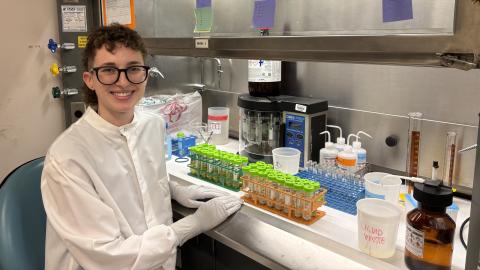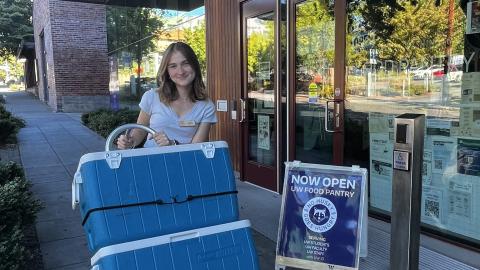A new study led by faculty in the UW Department of Environmental & Occupational Health Sciences (DEOHS) and the Nutritional Sciences Program explores how the COVID-19 pandemic affected access to food in Washington in the areas of both food production and food assistance, and how the state can learn from the pandemic and take advantage of new opportunities. It was commissioned by the Washington State Department of Agriculture (WSDA).
In the study, “The State of the Washington State Food System During COVID-19: Taking Stock and Looking Ahead,” the researchers synthesized several rich datasets and surveys collected throughout Washington about the state food system during the pandemic.
The researchers reviewed existing sources and case studies and conducted interviews. They also examined how communities made up of Black, Indigenous, and People of Color (BIPOC) fared during the pandemic.
“We have known that the COVID-19 pandemic created significant challenges for food producers and those involved in food access, but we wanted to better understand the extent of the impact, and also where there was imbalance,” WSDA director Derek Sandison said. “My intent is that we use the information these researchers have provided to inform our decision making as we continue to restructure and improve the state’s food security system in the aftermath of the pandemic.”
Food systems strained but not broken
.jpg)
The UW team found that the disruptions triggered by the COVID-19 pandemic pushed Washington’s food systems close to breaking, but that some unique aspects of our state food assistance and agricultural systems kept them from collapse.
The findings of the team include:
• Food assistance needs increased greatly and required temporary adaptations across all food access channels, due to rapid market shifts, distribution disruptions, logistical and labor challenges, rising operational costs, food shortages, transportation barriers and other factors.
• Food producers and households alike faced COVID-19 challenges, though the effects were uneven. Some households experienced far greater food insecurity than others.
• The pandemic strained but did not break Washington’s food production system due to the diverse dimensions of Washington’s food system, real-time innovations and collaborations, high adaptability among producers, strong leadership and many other factors.
• New food access channels made food more available to hard-to-reach populations, though the reports make clear that specific communities may need targeted attention.
• Significant opportunities exist for creating a more resilient and economically viable food system by, for instance, improving food access and food security, creating systems that serve specific groups with higher needs, addressing labor and staffing challenges and making strategic investments.
Glimpses of future resilient food systems
.png)
“The crisis has offered glimpses of what future resilient food systems in Washington state might look like as farmers have networked with one another to create new solutions, as governments have expanded and modified food and nutrition services, as hunger relief organizations have sought to expand free meals and incorporate more culturally relevant foods, as food supply chains have renewed interest in local and regional foods and as businesses have grappled with improving the health and safety of their workers,” said Jennifer Otten, associate professor in DEOHS, food systems director in the Nutritional Sciences Program and research lead.
“The pandemic has prompted many to imagine how we might use lessons learned from this crisis to prepare for anticipated food system disruptions due to climate change and increased incidence of extreme weather events or to future economic shocks,” said Sarah Collier, assistant professor in DEOHS and research co-lead. “The challenge is to turn system weaknesses into new beginnings. The data and interviews that form the basis for this report point to tangible steps to take.”
Read the full release.




